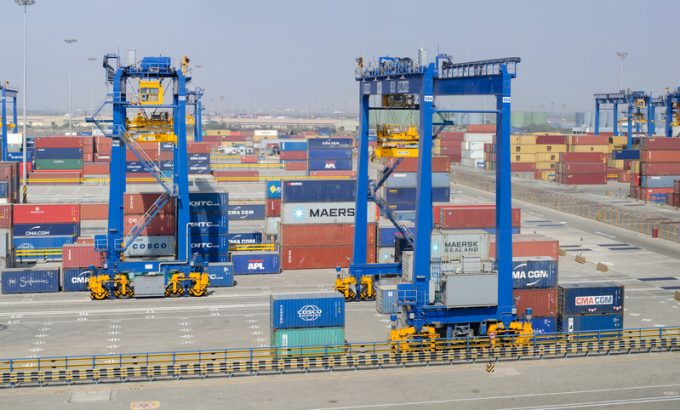Air freight rates ex-Dhaka set to surge after transhipment options are cut
Airfreight rates out of Dhaka are expected to surge after India cancelled transhipment access for ...

A botched digitalisation programme has caused long customs clearance delays in India, exacerbating the country’s container shortage crisis.
The ‘faceless assessment’ initiative has been rolled out at ports across India since June, to implement contactless and paperless customs clearance.
However, according to the Mundra Custom Brokers’ Association (MCBA), clearance times have increased since the launch, with importers and exporters facing numerous “hidden costs”.
“Faceless assessment was [designed] to bring an end to illegal gratification, whereas the results are the opposite,” the MCBA said ...
Keep our news independent, by supporting The Loadstar
Volume surge and an early peak season? 'Don't celebrate too soon,' warning
Container spot rates diverge: to Europe still falling, but firmer to the US
Hapag-Lloyd won't take bookings if port congestion leaves cargo stranded
Ecommerce likely the front-runner in resurge of transpacific trade after deal
China-US trade tariff pause could drive a rebound for transpacific rates
Service chaos from trade ban with India a problem for Pakistan shippers
Airfreight rates ex-China 'loss-making', but hopes of a trade deal stay high
Carriers impose 'emergency operation' surcharges on Pakistan cargo
Serious threat to jobs in US logistics as tariffs cause economic 'stagflation'
Shippers should check out the 'small print' in China-US tariff cuts
15% rebate for box ships as Suez Canal Authority woos carriers
White House u-turns see freighters flying but keep logistics players on their toes
MSC in terminal switch as Nhava Sheva gets strong start to new fiscal year
Peak season or recession? Forwarders and shippers need to 'stay flexible'
Volga-Dnepr claims 'pirate' Canada has 'hijacked' its stranded aircraft

Comment on this article